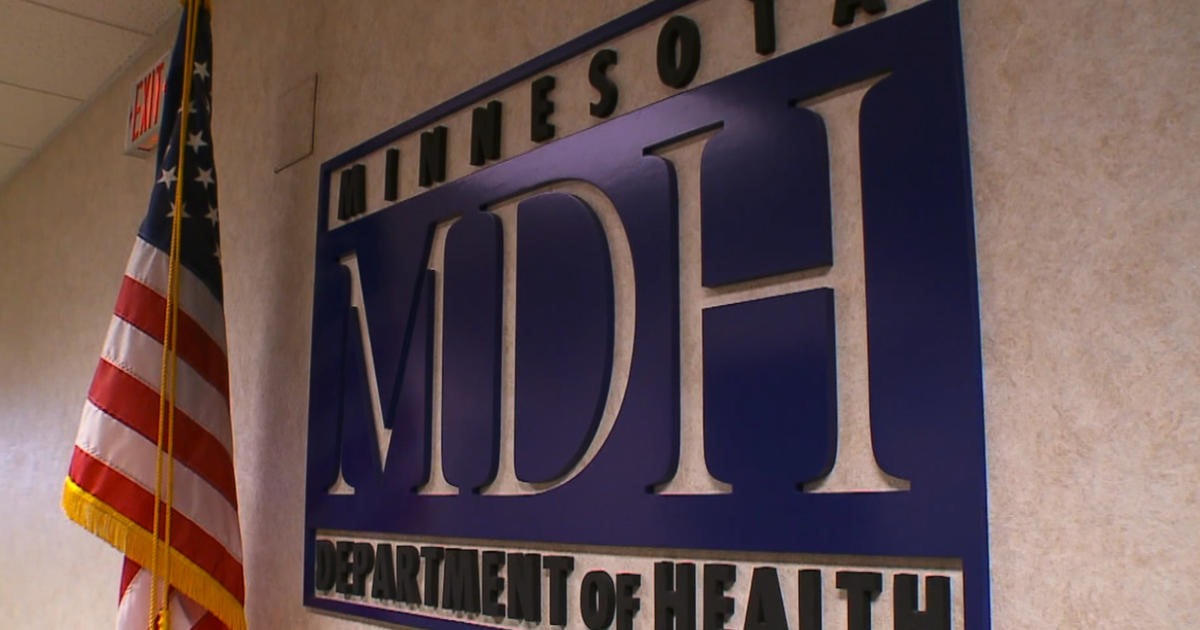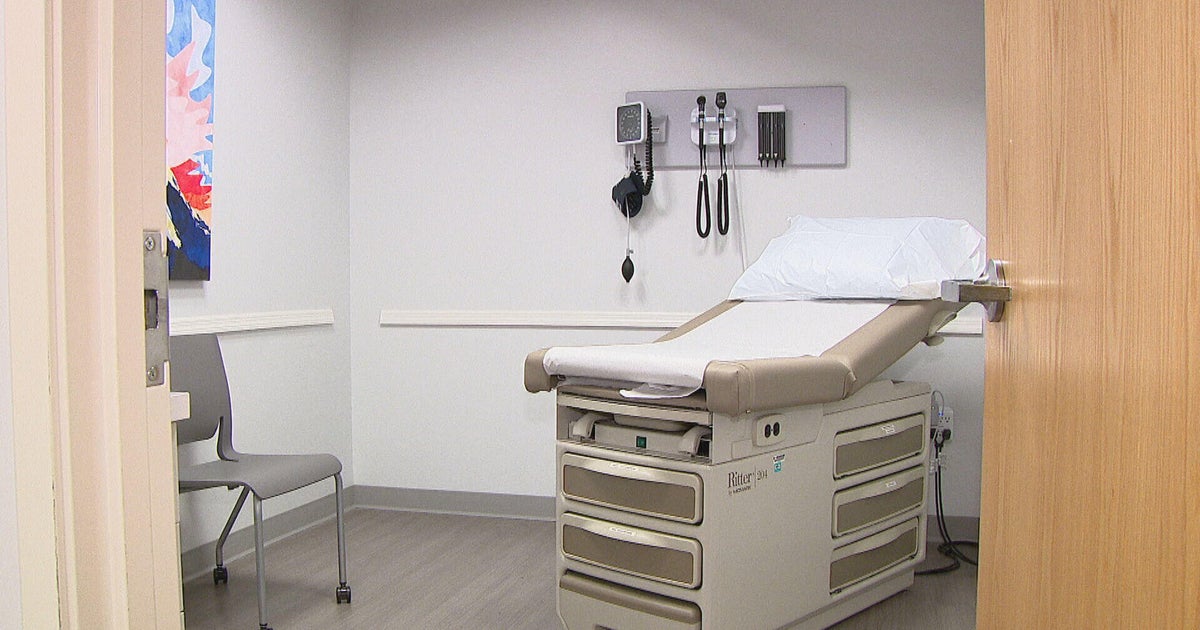New & Improved Testing Could Make Detecting Lyme Disease Easier
NEW YORK (CBSNewYork) -- Researchers released important news that may make Lyme disease much easier to diagnose.
It came from a scientific conference held at the prestigious Cold Spring Harbor Labs on Long Island.
As CBS2's Dr. Max Gomez reported, test results aren't always crystal clear. Doctors often treat based on symptoms such as joint pain, bullseye rash, and cognitive difficulty.
But that can lead to overtreatment or worse, delayed treatment when blood tests are equivocal.
You wouldn't think a tiny little critter like a tick could cause so much trouble, but if you get bitten by one carrying the Lyme bacterium you could become one of the more than 300,000 people in the United States who get Lyme disease each year.
People like Dana Parish.
"I have a crushing headache, a crushing neckache, never had symptoms before," she told CBS2. "I took a shower and saw a bullseye."
Dana had a few of the classic symptoms of Lyme, especially the rash. But that isn't always the case, which creates a dilemma for doctors and patients alike.
Current Lyme tests were devised decades ago, when we didn't know as much about the Lyme bacterium.
"What we realize now is they contain parts of the Lyme bacterium that can be confused with infections from other bacterium and the way they're inserted in the test or grown, it also omits some things that should be there," Dr. Steven Schutzer from Rutgers Medical School said.
It can make the test results hard to interpret. A false positive means over-treating with antibiotics, but a false negative can mean a Lyme patient can go untreated which increases the chances for complications -- the most serious of which include neurologic, joint disease, and cardiac disease.
Dr. Schutzer says there are better tests now. He recently took part in the Cold Spring Harbor conference and co-authored an article in the Journal of Clinical Infectious Diseases describing the improvements.
The new tests incorporate components of the Lyme bacterium that are more specific for Lyme, and can be detected sooner after a tick bite.







